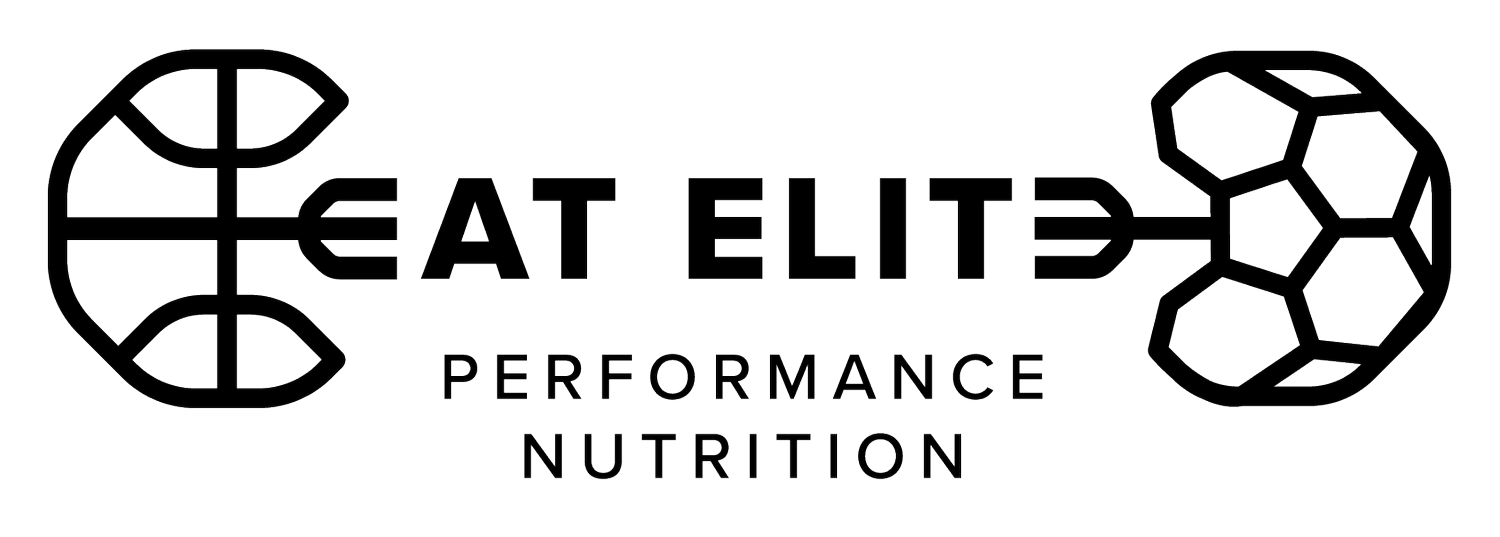Considering a Multivitamin? Here’s what You Should Know.
In today’s fast-paced world, maintaining a balanced diet can be challenging. For many, this has led to a growing reliance on dietary supplements, with multivitamins being among the most popular. Multivitamins are designed to fill nutritional gaps and ensure an adequate intake of essential vitamins and minerals. But are they really necessary? Let’s talk about it.
What is a Multivitamin?
Multivitamins are supplements that contain a combination of vitamins and minerals, sometimes including additional nutrients like amino acids or herbal extracts. The primary aim of these supplements is to support overall health by filling nutritional gaps. According to the National Institutes of Health (NIH), multivitamins can help people meet their daily nutrient needs, especially when dietary intake is insufficient (NIH, 2021).
A well-balanced diet ideally provides all the essential nutrients required for optimal health. However, modern dietary habits, busy lifestyles, and specific health conditions can make it difficult to consume a diverse range of foods. For instance, individuals with restrictive diets, such as vegans or those with food allergies, may struggle to obtain certain nutrients like vitamin B12, iron, or calcium (Melina, 2016).
Do Multivitamins Work?
Research on the effectiveness of multivitamins has produced mixed results. Some studies suggest that multivitamins can help prevent deficiencies and support general health. For example, a large study published in JAMA found that daily multivitamin use was associated with a reduced risk of certain deficiencies and improved cognitive function in older adults (Sesso et al., 2012).
However, not all studies are supportive. A systematic review published in JAMA Network Open concluded that multivitamin supplementation does not significantly reduce the risk of chronic diseases, such as cardiovascular disease or cancer, in the general population (Bjelakovic et al., 2019).
So in summary, while multivitamins can help cover nutritional gaps, they are not a substitute for a healthy diet and lifestyle! They are just meant to fill the gaps.
What are the Benefits of Taking a Multivitamin?
There are several potential benefits to taking a multivitamin:
Nutrient Insurance: Multivitamins can serve as an insurance policy for those who may not get enough nutrients from their diet alone. This is particularly relevant for groups with increased nutritional needs, such as pregnant women or the elderly (Institute of Medicine, 2000).
Convenience: For individuals with busy schedules, a multivitamin offers a convenient way to ensure they are getting a broad range of essential nutrients without needing to meticulously plan their diet.
Support for Specific Health Needs: Multivitamins can be tailored to meet specific health needs. For example, formulas with higher levels of vitamin D and calcium are designed to support bone health (Moyer et al., 2012).
Any Risks to Taking a Multivitamin?
While multivitamins are generally safe for most people, there are considerations to keep in mind. Overuse of certain vitamins and minerals, especially fat-soluble vitamins like A, D, E, and K, can lead to toxicity (Office of Dietary Supplements, 2021). Additionally, some individuals might experience interactions with medications or pre-existing conditions. While these effects are unlikely, you should consult your doctor before adding a multivitamin to your day.
It’s also important to choose high-quality supplements from reputable brands to avoid issues with contamination or inaccurate labeling. Consulting with a healthcare provider before starting any new supplement regimen is advisable to ensure it aligns with individual health needs and conditions.
Conclusion
Multivitamins can be a beneficial supplement for filling nutritional gaps and supporting overall health. However, they should not replace a balanced diet and healthy lifestyle. For those considering a multivitamin, it’s important to choose a high-quality product and consult with a healthcare provider to tailor the supplement to individual needs.
If you want to try it out, I recommend Designs for Sport Multivitamin. Use my code ELITE10 for a 10% discount.
References
Bjelakovic, G., Gluud, L. L., Nikolova, D., et al. (2019). Vitamin and mineral supplementation for the prevention of cardiovascular events and mortality. JAMA Network Open.
Institute of Medicine. (2000). Dietary Reference Intakes: Applications in Dietary Assessment. National Academies Press.
Melina, V. (2016). The Vegan Diet: Nutritional Considerations. Canadian Journal of Dietetic Practice and Research.
Moyer, V. A., U.S. Preventive Services Task Force. (2012). Vitamin D and Calcium Supplementation to Prevent Fractures: Systematic Review and Meta-analysis. Journal of the American Medical Association.
NIH. (2021). Dietary Supplements. National Institutes of Health, Office of Dietary Supplements.
Office of Dietary Supplements. (2021). Vitamin and Mineral Supplements. National Institutes of Health.
Sesso, H. D., Buring, J. E., Christen, W. G., et al. (2012). Vitamin E and C supplementation and risk of prostate cancer in the Physicians' Health Study II. JAMA.
Please note…
These products are dietary supplements and are not intended to diagnose, treat cure or prevent any disease. Reviews are not intended as a substitute for appropriate medical care or the advice of a physician or another medical professional.
Additionally, in compliance with the FTC guidelines, please assume the following about links and posts on this site:
The links on this page are affiliate links of which I receive a small commission from sales of certain items, but your price does not change. Sometimes, if a special code is listed, you can even get a discount!
I personally vet each and every product and assure you that everything linked is third-party tested. My first priority is providing valuable information and resources to help you optimize your life, health, and performance, so I will only ever link to products or resources (affiliate or otherwise) that fit within this purpose.

